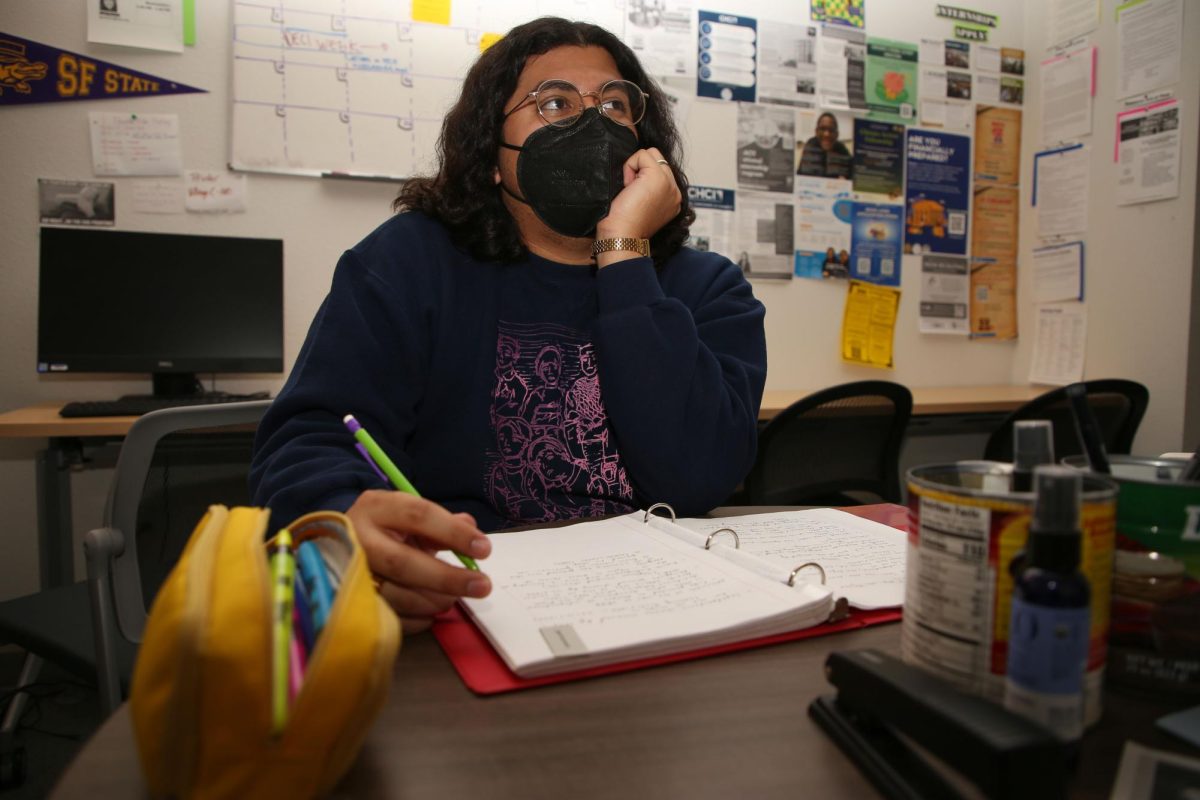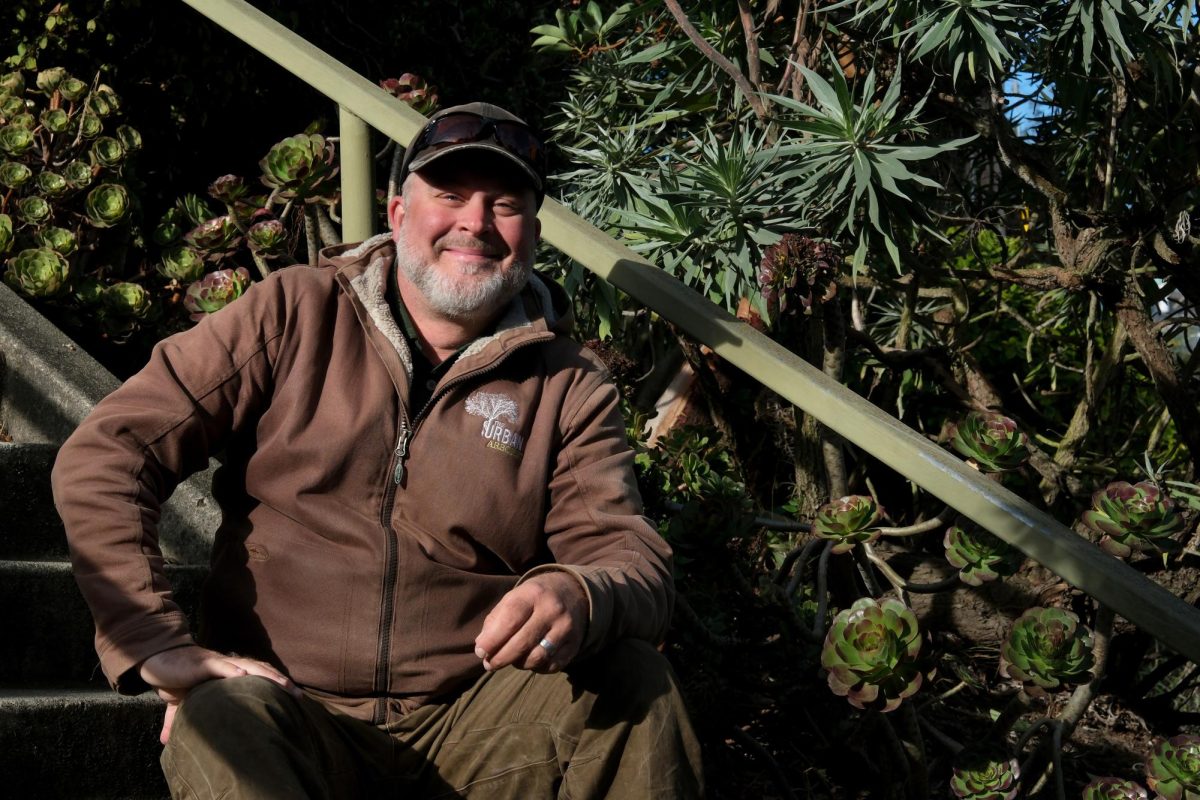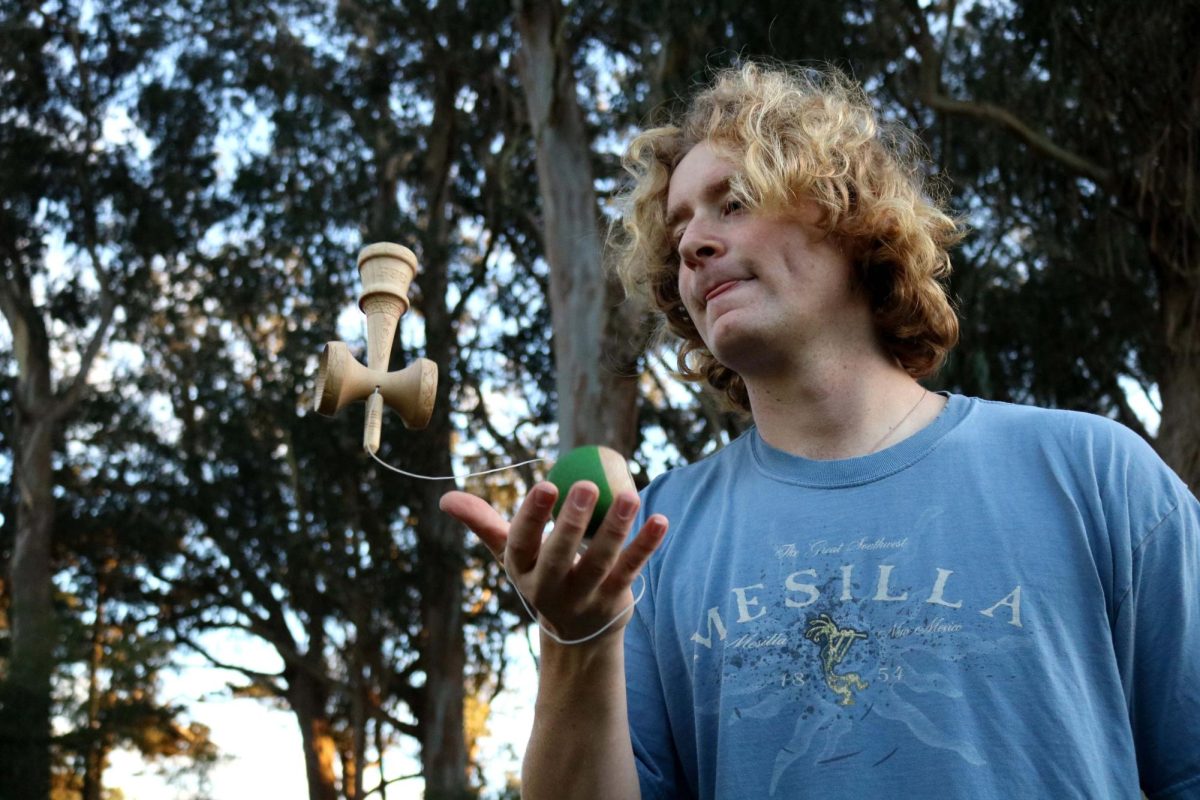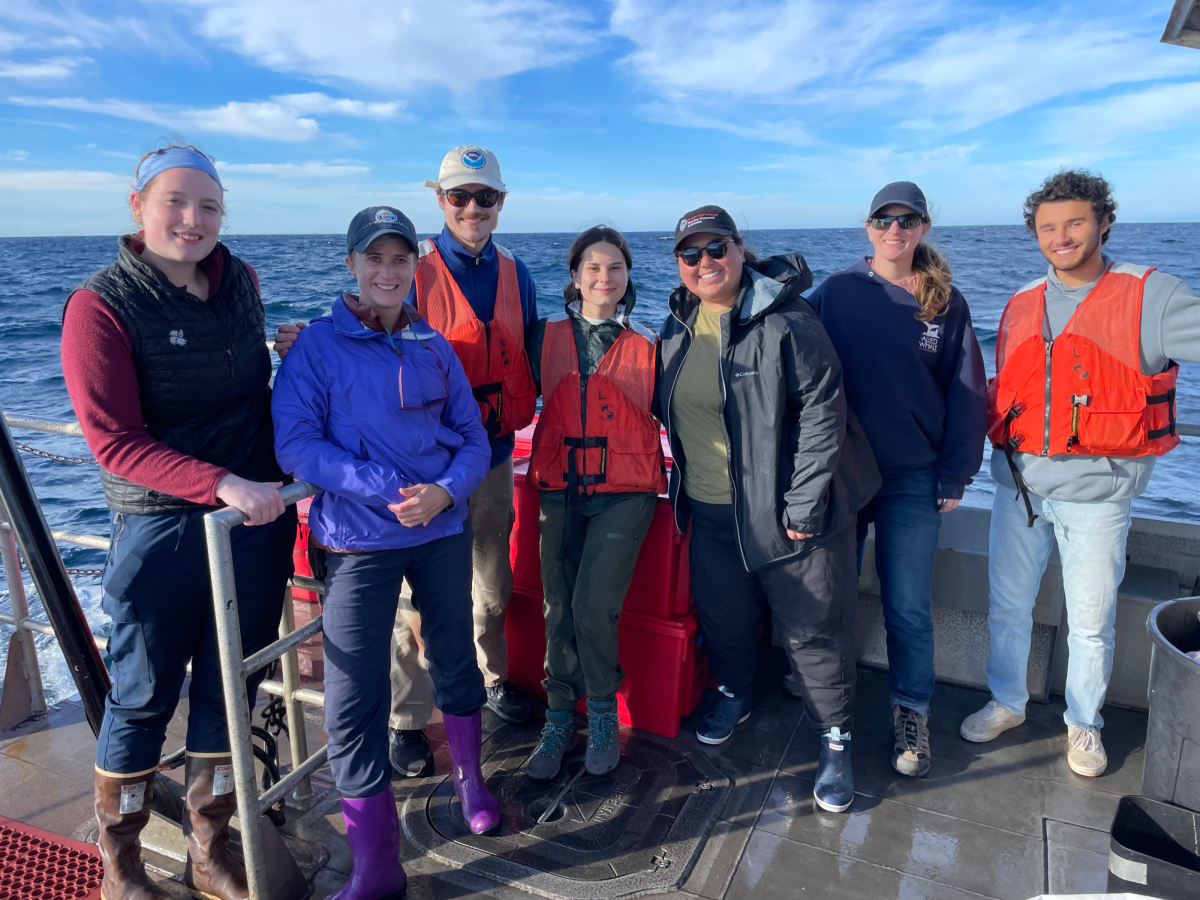
(Martin Bustamante/ Xpress Magazine)
The Ethnic Studies Student Resource and Empowerment Center bustles with chatter. A handful of student interns, packed into the small office, talk and laugh amongst themselves. One of the interns sits at the room’s lone computer, which is planted on the room’s only desk. The walls exhibit art of ethnic pride, a portrait of Cesar Chavez is one of the most prominent. One wall holds rows of brochures for campus services. More brochures, pamphlets, and fliers for services, upcoming events, scholarships, and job openings fill a table just outside the door. A whiteboard perched on an easel on the opposite side displays job and scholarship search websites. The only thing that is missing are the students the center exists to serve.
The center was established about five years ago because SF State wanted to create a student resource center that would be open to all students campus-wide. The university asked Phil Klasky, a lecturer in the American Indian Studies department, to coordinate the group because of his past experiences as a social worker and reputation as a student-oriented teacher. He says his background as a social worker taught him “to see the person behind the problem.” The purpose of the center is to guide students to services provided on campus and to give them the tools to help themselves. “I think self-empowerment is at least as important to [academic success] as understanding the material,” declares Klasky. He wants students to “understand there are services they paid for on campus.” He knows not all students have outside support.
Relatively few students seem to know the center exists. “No one knows who the hell ESSO is or where the center is … and, ugh, our name [is too long],” complains Maura Villanueva, a Spanish and Latino Studies double-major in her second semester interning at the center. ESSO is the Ethnic Studies Student Organization formed by a few interns about two-and-a-half years ago as an official Associated Students, Incorporated (ASI) organization. It is one of a handful of ethnic studies student organizations in the country. Klasky adds that one of the center’s biggest challenges is “getting the word out and getting students to actually take advantage” of what it and the school has to offer.
The center’s low profile may be driven by its location and youth. Unlike most student organizations at SF State, it is not based in the Cesar Chavez Student Center. Rather, it can be found in Room 110B in the Ethnic Studies and Psychology building. It also has not had the time to develop the kind of history and reputation many other groups on campus enjoy. “I feel we don’t have as strong a presence as other student organizations,” says Nico Martinez, environmental studies major and the organization’s secretary.
It may also be hampered by low funds. It has an annual operational budget of five-hundred dollars and up to five-hundred additional dollars for events. “It can go like this,” says Villanueva, snapping her fingers. Jake Velazquez, an anthropology and American Indian Studies double-major and the initial president of the student organization, believes the center’s presence will grow as it strengthens its foundation. “As we grow a bigger base of skilled interns, I think we’ll be able to reach a bigger audience,” he says.

During the month of October, the center will offer several workshops and get involved with events coordinated by better-known organizations in the hopes that it will start reaching more students. Two planned workshops intend to help students apply for scholarships and prepare for graduate school. Klasky encourages students to attend graduate school because he believes it allows them to “engage more in their interests in a more profound way.” The center’s interns have been tasked with coming up with more potential workshops. Environmental justice is a key topic at a recent meeting of the Ethnic Studies Student Organization. The interns share their thoughts on the movie Disruption, which was assigned viewing. They talk about some of the factors influencing climate change and climate racism, which looks at who gets the brunt of the consequences. Their homework assignment for the next meeting is to come up with a few steps people can take to address environmental issues as well as possible solutions.
The center lives on students helping students. “It floats my boat to see students helping each other out,” Klasky said with a big grin. “I really love that we’re a community of motivated and passionate people … helping other people,” says President Monica Sandoval, a senior accounting major who has interned in the center for three years. She continues, “I really like that it’s student-run, so we’ve had the opportunity to develop it.”
The interns help more than just others on campus but those in need off campus as well. Last semester, Sandoval organized a march for women who have been physically or sexually abused. She describes the experience as “really hard for me on a personal level” and says others in the center helped her through that difficult time. “I couldn’t have done it without the support from the friends I’ve made here,” she says.
The center is open until 5 p.m., Monday through Friday. During the day, though, the center has irregular hours. Sometimes it is full of people, at others, a lone intern may be studying quietly. At other times still, the center’s door is shut and locked when it is supposed to be open. At that recent meeting, Klasky reminded the interns that they need to adhere to the office hours they signed up for. Students in need of a helping hand might want to consider stopping by when the center is open. Odds are if it does not have what you need, it will know who does.








